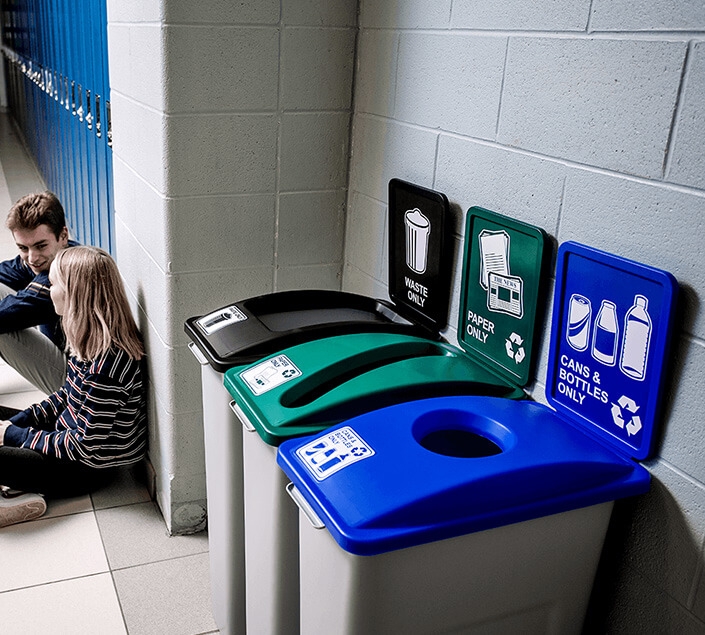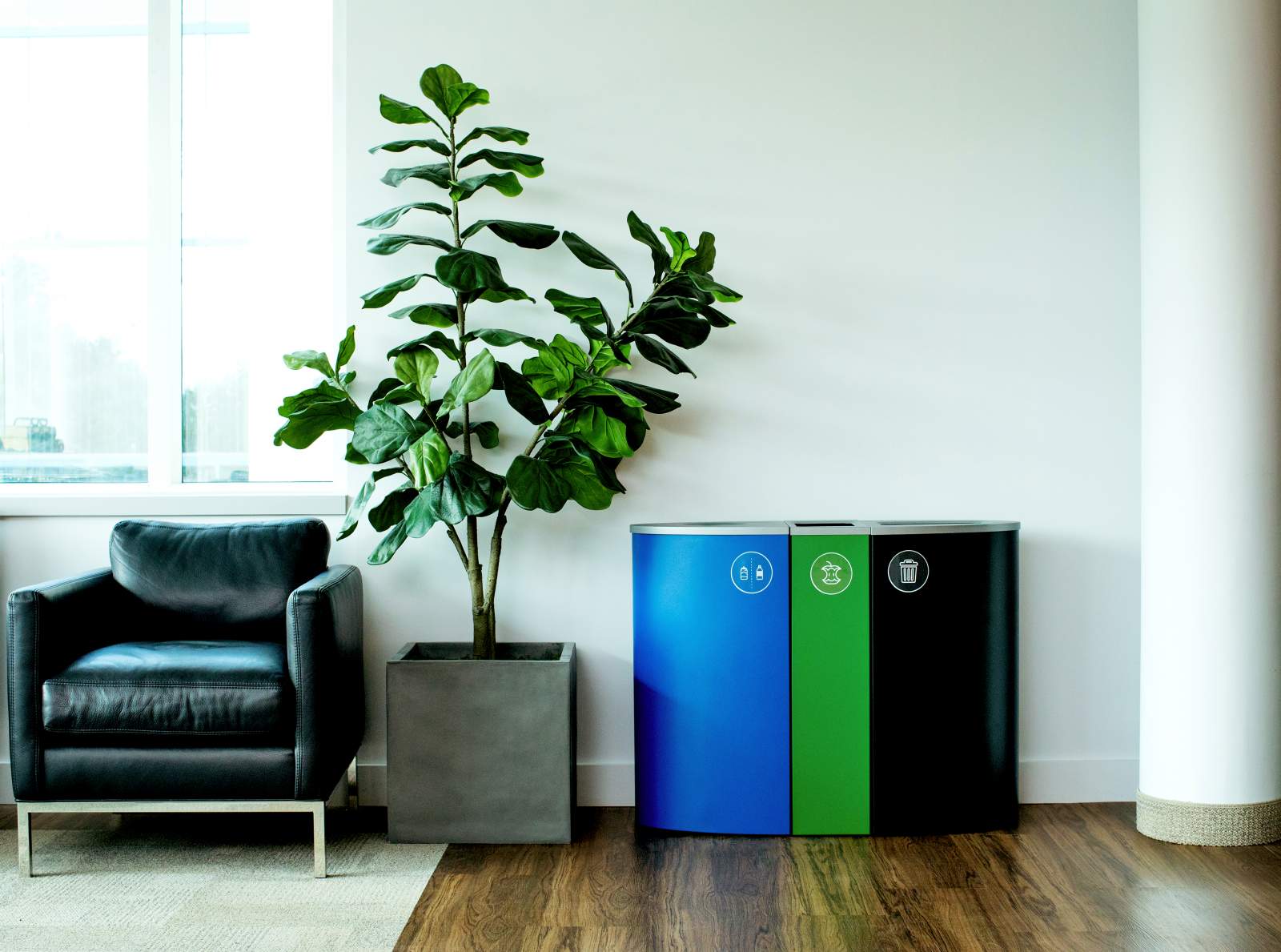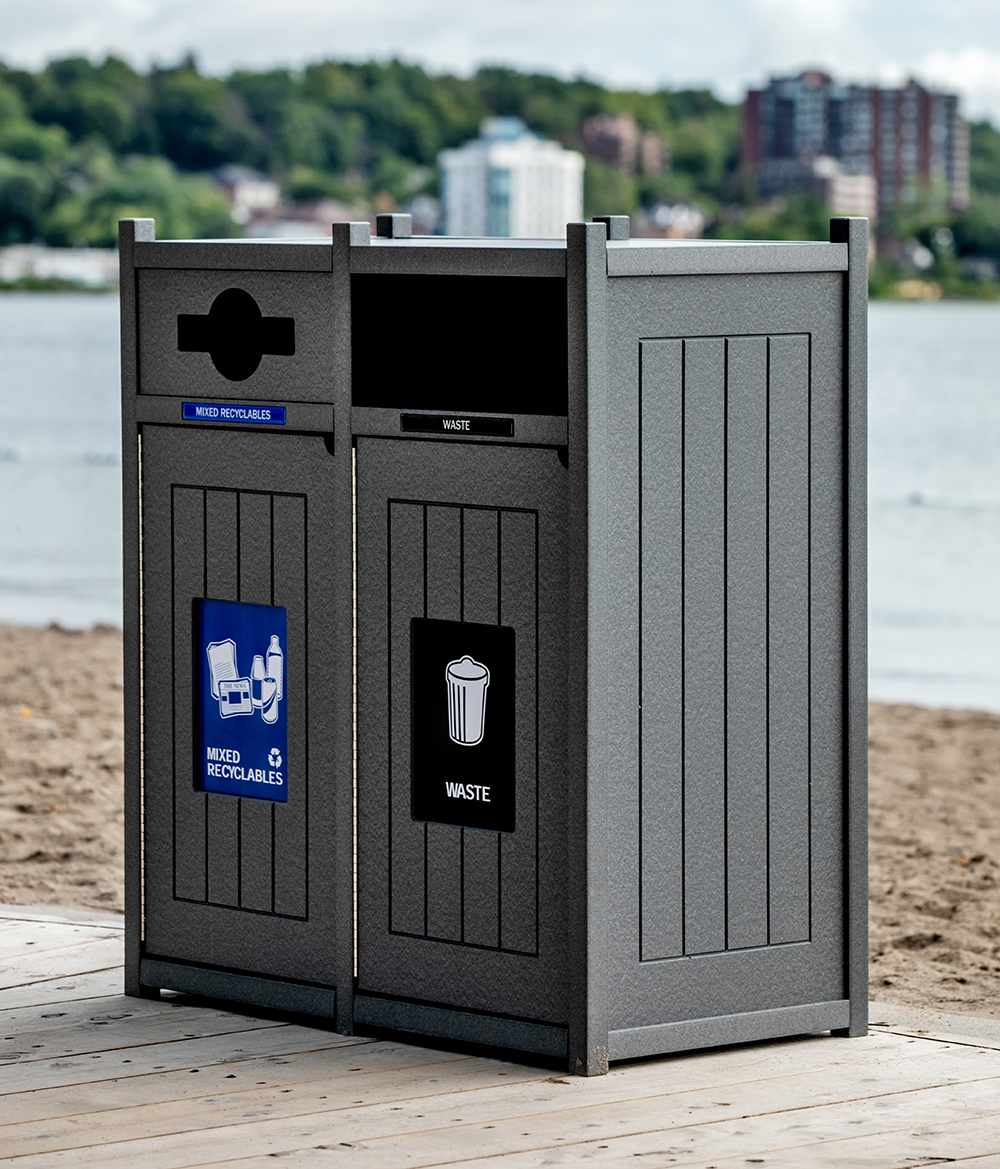Where does your bottled water
come from? Who regulates bottled water?
According to a 4 year study by the National
Resource Defense Council 25% of bottled water
is sourced from municipal water, this means
that a quarter of the bottled water is basically
just tap water and has a price mark up of nearly 2000x.
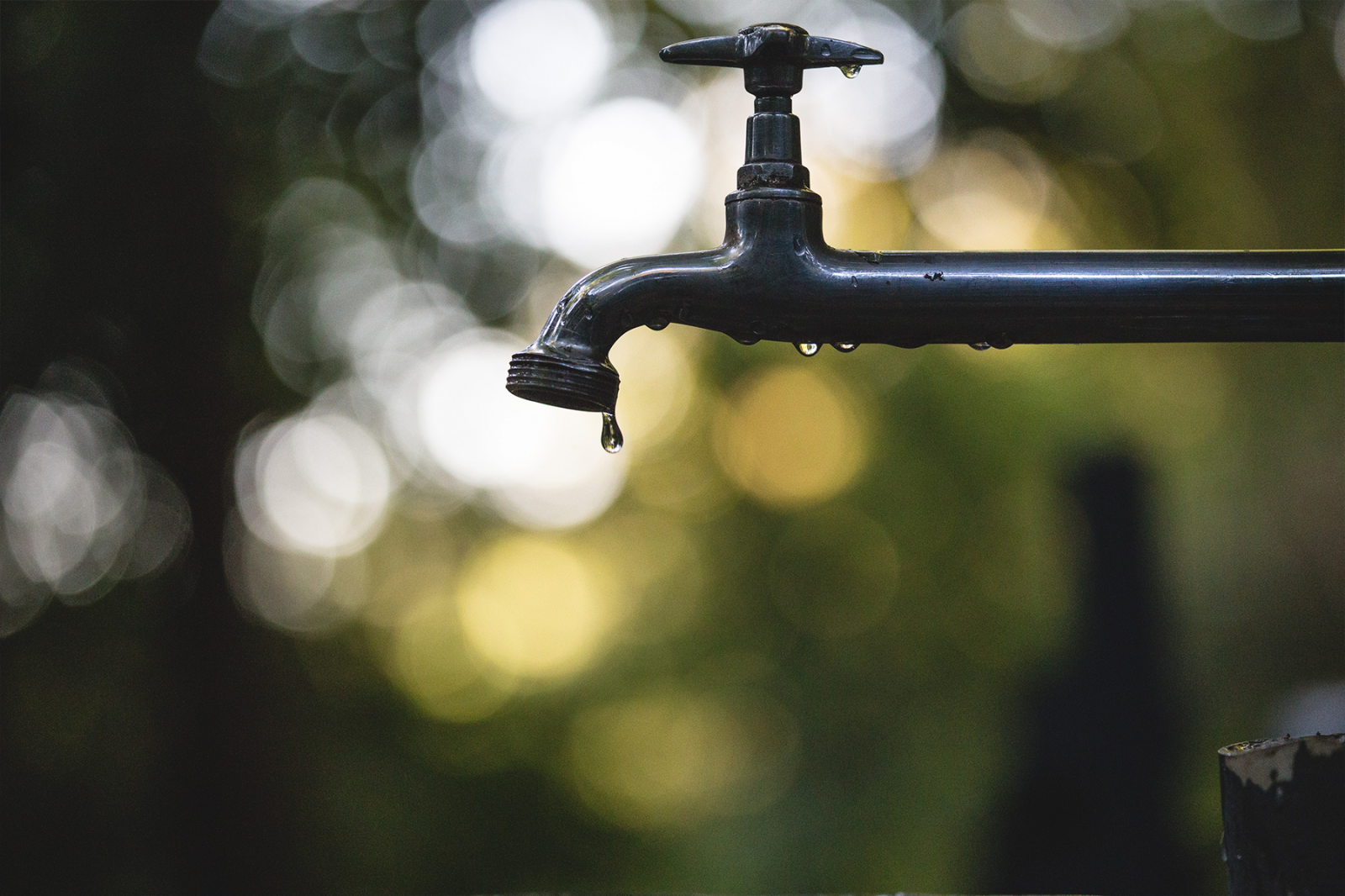
Are You Paying for Tap Water When Purchasing Water Bottles?
Anara Ferguson | September 29th, 2017
I’m sure you’re asking yourself “how can this be? Shouldn’t this be illegal?” We’re with you on that, so let’s dive in and take a closer look at how these companies have been pulling the wool over our eyes!
Let’s break it down:
Labels and Consumers:
If you look at your bottle of water right now you may see an image of icebergs with crystal clear water. This image makes consumers believe that the water is coming from a pure source, but that isn’t always true. If you read the label it may tell you something completely different; it may tell you it comes from a municipal source or may not give you a source at all causing us to wonder “where did this water come from?”
Regulation:
Here is another big problem with bottled water: it’s deemed a food and instead of being regulated by the government and following standard drinking water policies, bottled water is regulated by the FDA. This means that bottled water is not held to the same high standards as drinking water. An example of this is that municipal water must be tested multiple times a day for harmful microbiological content whereas bottled water only needs to be tested once a week. On top of that the FDA deems the manufacturers responsible to ensure that their products comply with the laws and regulations, leaving them alone to do what they want.
EWG Scorecard:
The Environmental Working Group created a scorecard that asks three questions:
1. Where does the water come from?
2. Is it purified? How?
3. Have any tests found contaminants in the water? (Water quality report)
In July of 2009, 9 out of the 10 top brands did not answer at least one of these questions. More recently EWG did another survey and found that there was little to no improvements within the water bottle industry. 18% of the 173 water companies failed to list the source of their water and 32% of the companies failed to disclose information on the treatment or purity of the water; overall half of the 173 companies failed the EWG’s transparency test.
Cost to the world:
Even if your water is from a natural spring there is still a lot of disturbing facts that go hand in hand with the production of bottled water. Just like film production,
there is more going on behind the scenes than meets the eye!
The Pacific Institute estimates that 17 million barrels of oil was required in the production of bottles used in American consumption in 2006 and that 2.5 million tonnes
of carbon dioxide were produced. Also, the production of each bottle uses twice as much water as the bottle holds! So, for every litre of water bottled two litres is wasted
in production. This doesn’t seem logical!
You know what else isn’t logical? Taking water from a drought-ridden state such as California. The image below shows 4 big name companies that take water from California. Even if the companies had set up shop here before drought became an issue, why is water still being taken from a state that is lacking in that department?
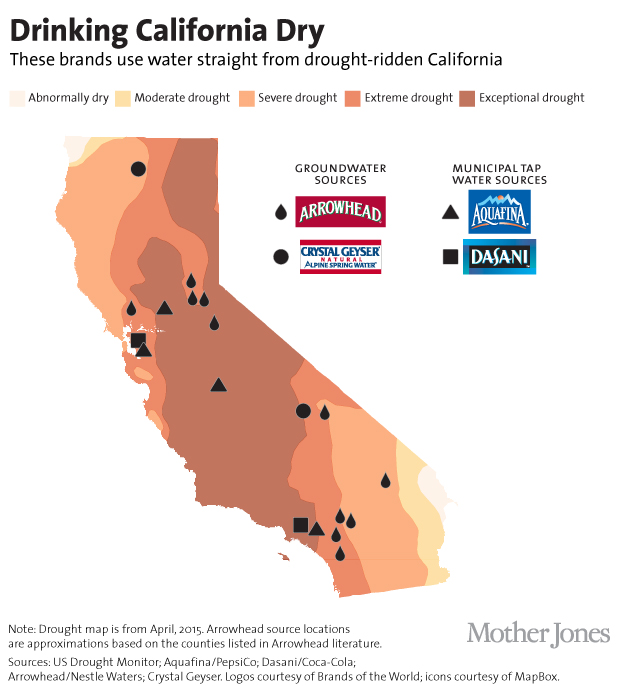
Water is a natural and free resource that all people should have access to. Why do we allow corporations to take water from around the world and then sell it back to us at outrageous prices? Selling bottled water is like selling air, it just doesn’t make sense. On top of it being an expensive farfetched concept, there is also the fact that plastic bottles are creating a world-wide epidemic of pollution. Plastic is slowly consuming our oceans and landfills, it’s time to make a change!
If you’re not interested in drinking tap water why not filter your tap water for a better taste? Filtering your tap water saves you money and will help keep our planet clear of plastic bottles.
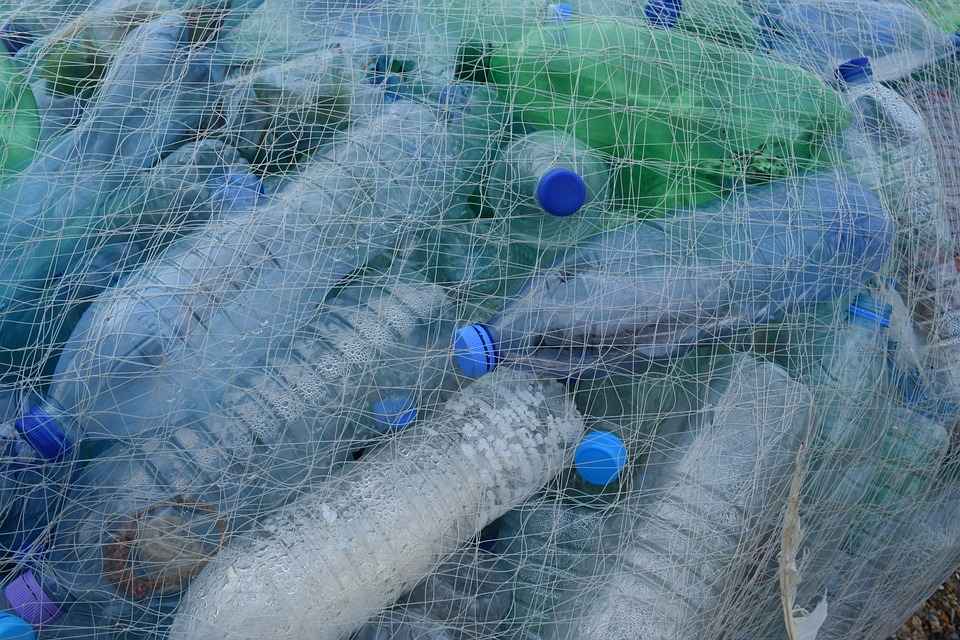
So next time you reach for a bottle of water think to yourself “am I paying for the same thing I can get at home for free? Do I want to be yet another person contributing to the pollution of our planet?” We’re sure you’ll change your mind and reach for a reusable bottle instead!
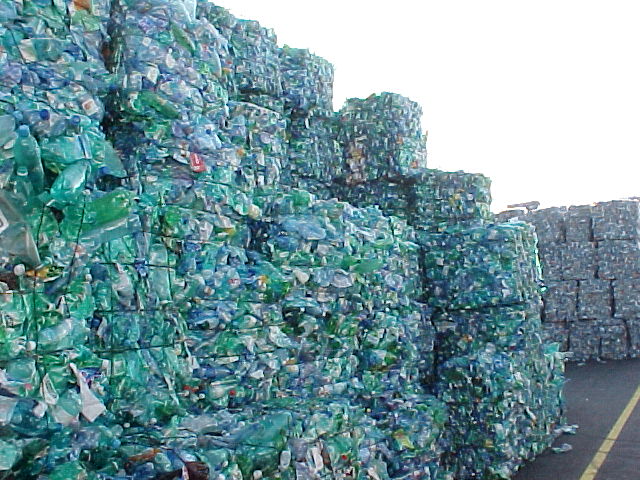
Sources
- https://www.epa.gov/sites/production/files/2015-11/documents/2005_09_14_faq_fs_healthseries_bottledwater.pdf
- https://www.nrdc.org/stories/truth-about-tap
- http://www.allaboutwater.org/tap-water.html
- http://www.activebeat.com/diet-nutrition/bottle-vs-tap-10-facts-about-your-drinking-water/5/
- https://www.canada.ca/en/health-canada/services/food-nutrition/food-safety/information-product/frequently-asked-questions-about-bottled-water.html
- http://static.ewg.org/reports/2010/bottledwater2010/pdf/2011-bottledwater-scorecard-report.pdf
- http://pacinst.org/publication/bottled-water-and-energy-a-fact-sheet/
- http://www.motherjones.com/environment/2014/08/bottled-water-california-drought/
Did you find this Page helpful?















